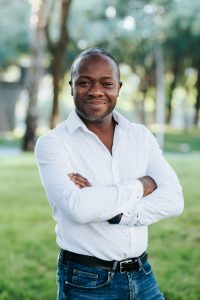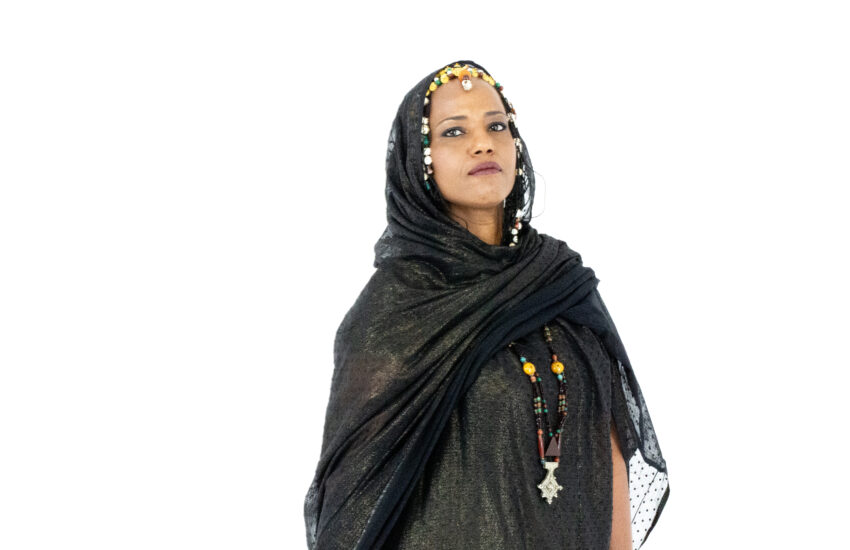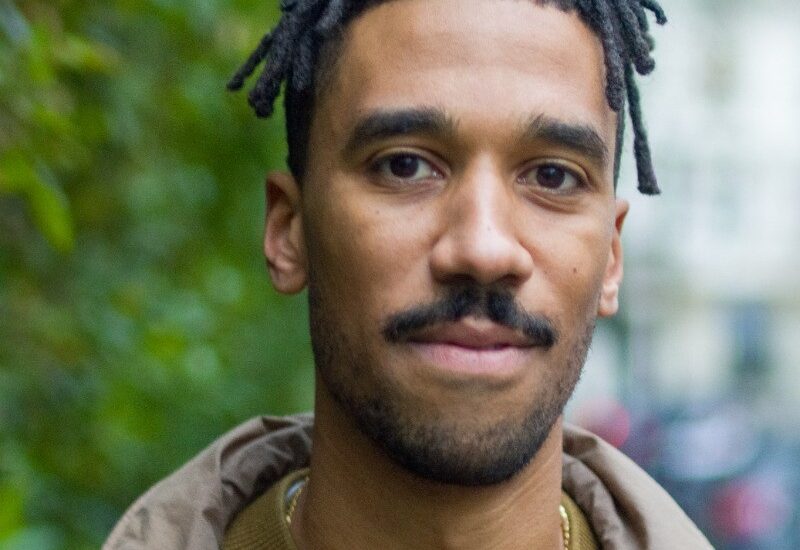Afropean Voices during Covid-19: Dancing the silence
 Carlos ÁLVAREZ BENÍTEZ (Colombia) is an entrepreneur and co-founder of Be My Dance, a show production agency in Barcelona, Spain, that helps companies and individuals transmit their ideas through artistic projects and experiences.
Carlos ÁLVAREZ BENÍTEZ (Colombia) is an entrepreneur and co-founder of Be My Dance, a show production agency in Barcelona, Spain, that helps companies and individuals transmit their ideas through artistic projects and experiences.
When you make a plan to achieve a certain goal, in addition to designing some strategies to achieve the established objectives, it is important to have a plan A, a plan B and even a plan C – in case something does not go as you had planned. The theory is very clear and abundant, but what to do before the tsunami of the unthinkable?
At the beginning of 2020, I was planning to make strategic changes that would allow Be My Dance, my production agency, to have a more continuous and scalable work. Six years ago we bet on creating interactive shows that involve different artistic disciplines to ensure our performances had the ability to communicate and excite, and of course, improve our position in the market.
As it happened to many other entrepreneurs, and especially Afro-descendant entrepreneurs in Spain, the COVID-19 pandemic paralyzed many of our plans. Suddenly, our contracts were indefinitely canceled: dance classes, corporate events, and wedding celebrations. And with that the essence of my work was canceled and with it, a part of criticism of my identity.
So my life became then limited to the square meters of the house where I live with my husband. For me it was as if someone had mistakenly pressed the red button that turns off the world.
During the first weeks of confinement, silence was the only one that walked calmly through the streets and through all the places that were left empty, just like that. And, I was terrified of this silence that haunted and camped in all the places that people could no longer reach.
Meanwhile, I tried to fill my days with various routines and thus keep my mind constantly occupied. Then some friends suggested that I create virtual dance classes to help them get a little exercise at home, and feel more connected. The idea was fantastic and I immediately got working on it: virtual dance dates.
From then on, every Saturday morning I had a virtual date to dance with a friend or a client, which quickly also became a casual space through which we could take care of each other, and gain the battle to silence and understand it too. Because, these spaces for dance and conversation allowed us to explore our fears, sizing up the situation. They also fed my creativity and inspired me to design tools to learn to live each day and adapt to this new reality. I understood that there was a dance, without music, that you also had to dance, and so we learned to dance silence, together.
This perspective is included in the upcoming Collateral Benefits Perspective Paper IV: Voices of the African Diaspora, a collaboration beteeen Collateral Benefits , Fundación Manos Visibles and Afrøpean.


